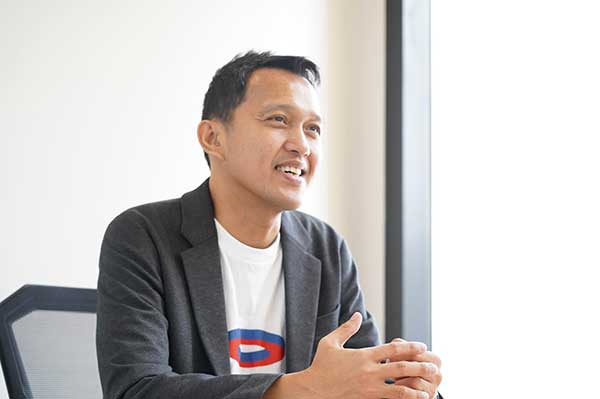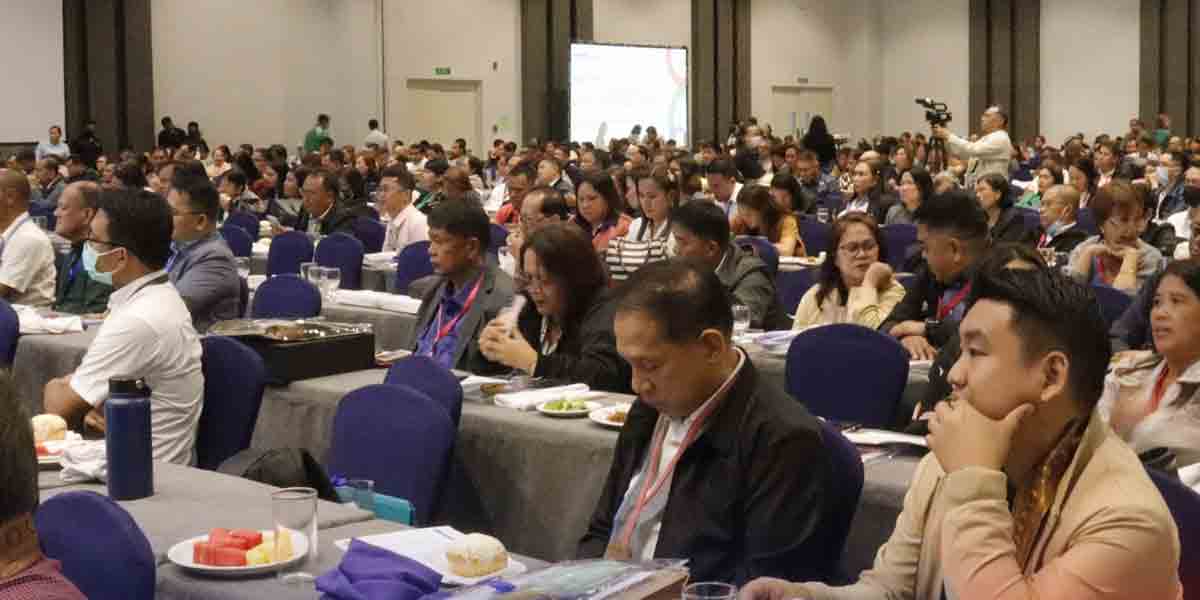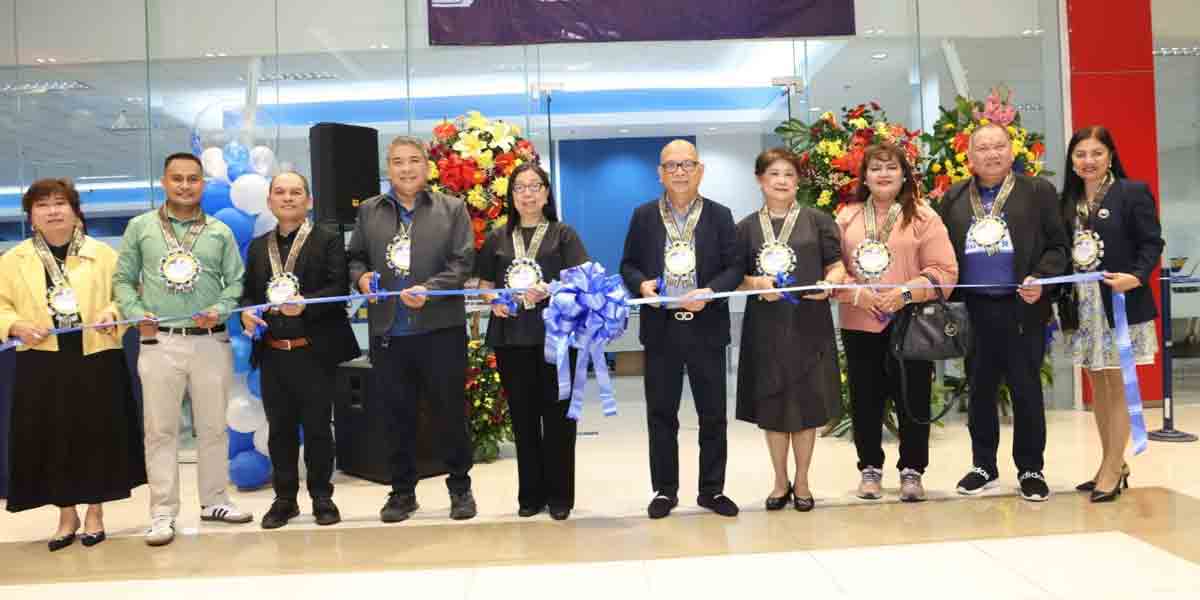
Private sector leaders like Jay Pegarido, Director and Country Manager at Sansan Global Development Center, are emphasizing targeted strategies for accelerating broadband and 5G network expansion across the Philippines, particularly in remote and underserved areas.
Pegarido highlighted that the approach requires leveraging alternative technologies, such as satellite broadband and fixed wireless access, to bypass challenges posed by the nation’s archipelagic landscape.
“Forming partnerships with local governments and communities can facilitate the deployment of infrastructure by leveraging local knowledge and resources,” Pegarido said.
While Sansan’s core focus remains on cloud-based solutions, its commitment to fostering reliable internet infrastructure is evident in its Cebu-based Global Development Center, which relies on robust connectivity to sustain global operations.
Pegarido underscored that creating demand through tech innovation motivates further broadband investments in less-developed regions.
Government Incentives and PPPs
Pegarido pointed out that government-led incentives like tax breaks, subsidies, and streamlined regulatory processes are crucial to motivate private enterprises to invest in digital infrastructure.
Low-interest financing and favorable terms for spectrum licenses can further incentivize expansion.
“Public-private partnerships (PPPs) are crucial as they combine government support with private sector efficiency and innovation,” he stated.
PPPs help share the risks and costs, making projects in remote areas more feasible.
In Cebu, Sansan’s collaborations with private universities have proven beneficial in nurturing IT talent, which indirectly bolsters the broader digital infrastructure by creating a pool of skilled professionals.
Supporting Startups and SMEs
To empower startups and SMEs in the tech sector, Pegarido suggested that the Philippine government should streamline regulatory processes by simplifying business registration and reducing bureaucratic barriers.
He recommended the creation of one-stop portals for startup services and policies that ease access to funding, such as low-interest loans and tax incentives for investors.
“At Sansan, navigating efficient regulatory landscapes has been key to our successful expansion in Cebu, and the government’s support in providing a business-friendly environment has allowed us to focus on innovation and growth,” Pegarido explained.
He affirmed that simplifying these procedures further would allow more tech companies to contribute significantly to the digital economy.
Mentorship and Collaboration
The role of mentorship is critical in fostering innovation, especially in tech-driven industries like fintech, e-commerce, and AI.
“Private enterprises can foster mentorship programs by creating platforms that facilitate interactions between established business leaders and startups,” said Pegarido.
Initiatives such as workshops and networking events can bridge the gap between emerging entrepreneurs and experienced industry professionals.
Sansan’s partnerships with universities in Cebu serve as a testament to this belief.
“Inviting students to our facilities and offering exposure to advanced technologies allows us to inspire and nurture the next generation of tech innovators,” he added.
Bolstering R&D and Sustainable Growth
Collaboration between private companies and academic institutions is essential for boosting research and development (R&D) in key sectors such as agriculture, healthcare, and renewable energy.
Pegarido suggested that joint research projects, funding, and practical training can align academic pursuits with industry needs.
“Our collaboration with universities in Cebu has been pivotal in bridging the gap between academic learning and industry requirements,” Pegarido noted.
To spur sustainable innovations, Pegarido recommended that the government introduce tax incentives for R&D expenditures, along with grants and matching funds.
Sansan, known for its “Scan for Trees” project, illustrates how sustainability and technology can align for positive environmental impacts.
“Government support enhances our ability to contribute meaningfully to environmental initiatives,” Pegarido stated.
Education and Workforce Development
Educational reform is a linchpin for future-proofing the workforce.
“Private sector partnerships can revamp the education system by providing resources, expertise, and real-world insights into industry needs,” Pegarido said, advocating for internships, research support, and curriculum development in collaboration with industry players.
This approach ensures that STEM education aligns with technological advancements, preparing Filipino students for the global job market.
Sansan’s success in Cebu, marked by partnerships with local universities and a focus on STEM, demonstrates the transformative potential of aligning educational programs with real-world tech requirements.
“When the government supports these initiatives through policies and funding, it amplifies the benefits, ensuring that Filipino students are well-positioned to thrive in a tech-driven global economy,” Pegarido concluded.
This multi-pronged strategy that combines industry collaboration, government incentives, and educational alignment promises a robust path toward establishing the Philippines as a competitive player in the digital and creative tech space.




















